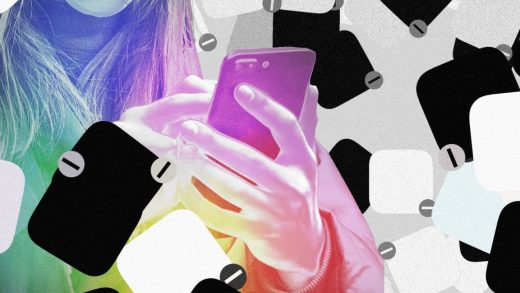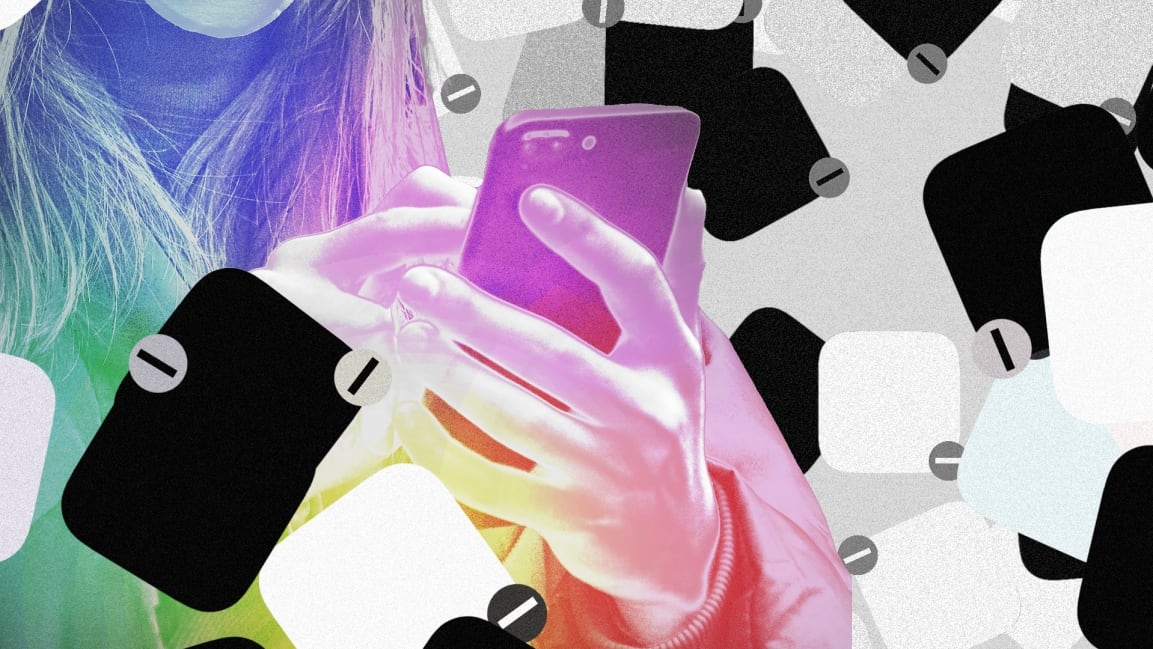30+ smartphone apps you should delete before 2021
By now it’s almost cliche to describe 2020 as a “dumpster fire.” Yet it’s hard to argue that that isn’t the most apt description of the year that was. From a global pandemic that has infected almost 75 million people and killed over 1.6 million of them, to the continued social and racial injustices that spurred the Black Lives Matter movement, to a bitter election that seems to have left the country more divided than it has been in over a century–2020 is a year that almost everyone will be happy to let go of.
And as it comes to a close, the hardships it brought aren’t the only things we should try to move on from. The end of the year is always a great time for a digital detox, too. It’s a rewarding exercise to look at all those apps installed on our phones, which have so much pull over our daily lives, and ask if we really need them–or if we should be giving our valuable attention to things that matter more.
With that in mind, here’s a starter list of apps you may want to consider leaving behind with 2020 so you can start the new year off with a digital life that is more healthy, fulfilling, and economical.
Apps that are the new Big Tobacco
When it comes to 2020, it’s fair to say the tech industry had a hard year. Yes, the tech giants made some serious bank off our lockdown lives, but they also received more scrutiny from governments than ever before. A decade ago, the companies of Big Tech were the shining knights on the hill, but today they are more likely to be described as the new Big Tobacco.
Whether that “Big Tobacco” label is fair in all cases is arguable, but for one it does seem more apt than for the others: Facebook. Salesforce CEO Marc Benioff specifically called out Facebook for becoming “the new cigarettes for our society.” Even former Facebook employees say that it’s harmful to society. And now the FTC is now gunning for the company big time, too.
I’m not saying that everyone should delete Facebook, because some people do derive true value from it. However, if you log into the app day in and day out and primarily create or consume content that leaves you feeling outraged, envious, or depressed, it’s best to let the app go. Your time and mental health are finite and valuable. Why stay with an app if it makes you feel bad?
Apps that make you doomscroll
Speaking of feeling bad . . . in 2020 “doomscrolling” became a thing. The term refers to something we all did too much of this year: consuming endless amounts of negative online news to the point that it began to affect our mental health.
Apps that people use for doomscrolling include the aforementioned Facebook as well as Twitter, Reddit, Apple News, and dozens of others. Any app that provides an endless feed of news could be guilty of enabling doomscrolling. Of course, none of these apps were designed with doomscrolling in mind–it’s the way we choose to engage with these apps that is the problem. Being informed is different than constantly being overwhelmed. So, if you find yourself endlessly doomscrolling in any of these apps, it’s best to get them off your phone for the time being–your anxiety will thank you.
Apps that share your data
Privacy again was a major topic in 2020. Thankfully, major tech players are continuing to build privacy into their products as a headline feature–Apple is a good example of a company that does this. However, while Big Tech may be giving us a bit more privacy, some smaller app developers are still hungry to learn as much about us as possible.
Their goal? To share that data about us to advertisers and data brokers, who in turn may sell it to governments or anyone else they want to. There are hundreds of popular apps that have been reported to share data with advertisers, marketing firms, or brokers, including dating apps such as Grindr, OkCupid, and Tinder; femtech apps like BabyCenter, Clue, Flo, My Calendar, and Ovia. Still others include the makeup app Perfect365, and email apps including Edison Mail, CleanFox, and Slice.
The above-mentioned apps are by no means the only ones who do this. Many such apps are “free” to use precisely because they make their money from sharing your data. While there’s nothing inherently wrong with such a business model, it’s important to be aware of the apps that are sharing data, who they’re sharing it with, and what data of yours they’re sharing. If it’s not acceptable to you, delete ’em.
Apps that don’t end-to-end encrypt your data
Even big companies that tout the importance of privacy might not be delivering as much of it as they could. Many proudly proclaim they encrypt our data to keep it extra secure. But encryption is one thing–and end-to-end encryption is another. The difference is when something is only “encrypted,” the company that holds the data–such as Facebook, Apple, or Google—can still access it at any time, because they hold the “key” that decrypts it. If a company holds the key to your encrypted data, they can be compelled to decrypt it and turn it over to governments–and not all governments afford their citizens the same legal protections that many of us are used to.
Another problem with data that is only “encrypted” is that if hackers would ever steal the encryption keys those companies hold, they could decrypt your data, too. That’s why end-to-end encryption is so important. When your data is end-to-end encrypted, even the company that owns the app can’t ever see or decrypt what your data contains, because they don’t hold the keys, you do.
Popular messaging apps such as Apple’s Messages and Facebook’s WhatsApp provide end-to-end encryption; however, some other apps made by these companies don’t offer end-to-end encryption, including Facebook’s Messenger (except for its “secret conversations” feature) and Apple’s Files app. Other uber-popular apps such as Dropbox, Gmail, and Google Photos also do not offer end-to-end encryption. In each case, there are alternatives that do.
Subscription-based apps you hardly use
Finally, 2020 saw many of us sign up for more subscription services than we probably ever thought we would. After all, if you’re stuck inside during lockdown, you need something to pass the time, right? But as the year comes to a close, many of us might not realize that we are paying for app subscriptions that we hardly use. Maybe we even signed up for free trials that converted over to paid subscriptions a long time ago, and have forgotten about them.
That’s why it’s a good idea to take a look at all the apps on your phone and determine which are still costing you a monthly subscription fee you may have forgotten about. Apps to keep an eye out for include streaming apps such as Disney Plus, Netflix, Hulu, and Crunchyroll; news and productivity apps like Apple News Plus, Evernote, Microsoft 365 (aka Microsoft Office), and Todoist; and dating apps such as Hinge and Match. (After all, why keep paying for a dating app subscription if it’s not safe to go out to meet up with people?) If you still have subscriptions to these apps but hardly ever use them, cancel the subscription, delete the app, and pocket the savings.
(21)



